Janet Samuel
As Nigeria intensifies preparations for the upcoming general elections, the Independent National Electoral Commission (INEC) has restated its determination to extend voting rights to eligible inmates in the nation’s correctional facilities. The Commission says this move aligns with constitutional provisions, international conventions, and judicial pronouncements affirming that citizens awaiting trial should not be excluded from the electoral process.
Speaking when he received the Comptroller General of the Nigerian Correctional Service (NCoS), Sylvester Ndidi Nwakuche, at the Commission’s headquarters in Abuja on Friday, INEC Chairman, Prof. Mahmood Yakubu, described inmate voting as a legitimate human right that cannot be stripped away merely because an individual is in a correctional facility.
Yakubu noted that similar provisions already operate in countries such as Ghana, Kenya, and South Africa, where inmates participate in elections. He recalled that the Federal High Court and Court of Appeal in Benin had affirmed the voting rights of inmates awaiting trial, stressing that the Commission had previously engaged the NCoS on modalities for registration, creation of polling units, and access for political parties, observers, and the media.
“Working together, we can seize the opportunity of the ongoing electoral reform for a clear legal provision that will specifically cover citizens serving time in our correctional facilities,” the INEC Chairman said, adding that the Commission would engage the National Assembly to clarify sections of the Electoral Act that may restrict participation for certain categories of inmates.
He commended civil society groups, particularly the Carmelite Prisoners’ Interest Organisation (CAPIO), for sustained advocacy, and welcomed the legislature’s positive disposition towards inclusivity in the electoral process.
Earlier in his remarks, the Comptroller General of the Nigerian Correctional Service, Sylvester Ndidi Nwakuche, called for deeper collaboration with INEC to advance inmate voting rights across the country.
He revealed that Nigeria’s correctional facilities currently house over 81,000 inmates, with more than 66% awaiting trial and therefore presumed innocent under the law. “These individuals are citizens of Nigeria and still retain their fundamental human rights, including the right to vote,” he stressed.
Citing previous court rulings in Benin and a recent National Assembly resolution, Nwakuche argued that incarceration should not amount to political exclusion. He urged both institutions to jointly assess the legal, technical, and operational requirements for implementing inmate voting, even if the roadmap is gradual.
“Anywhere I go, I remind people that anyone could end up in incarceration. So, we must treat the incarcerated with fairness and dignity,” he said, describing his visit as a practical step toward giving voice to a population that is often voiceless.

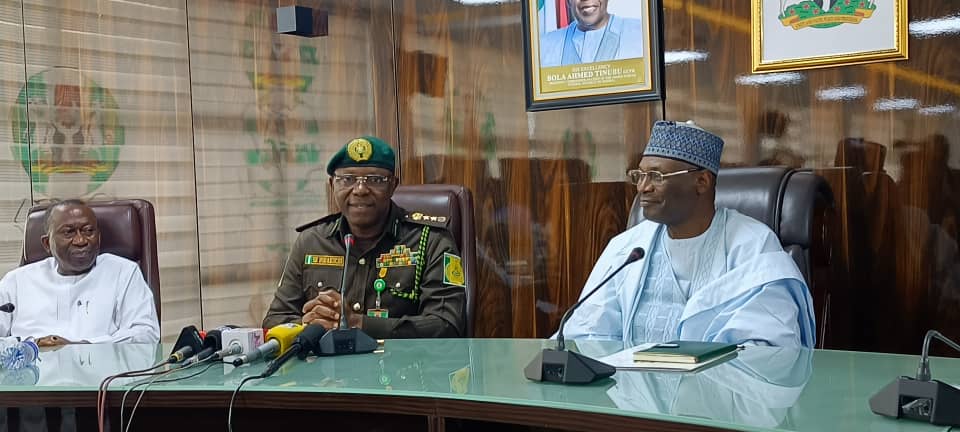
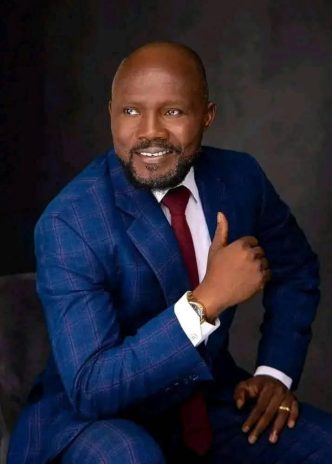


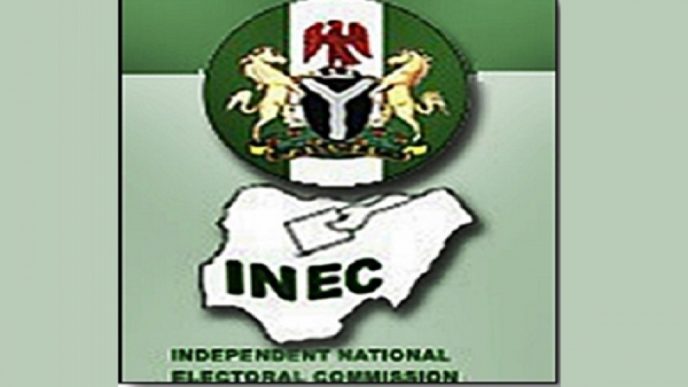
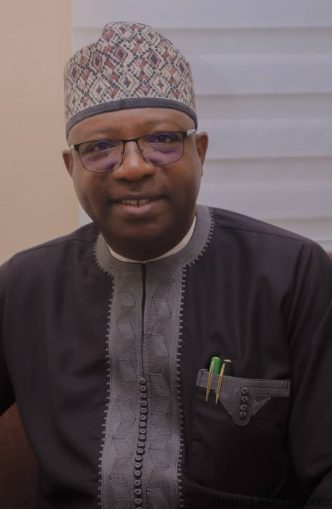
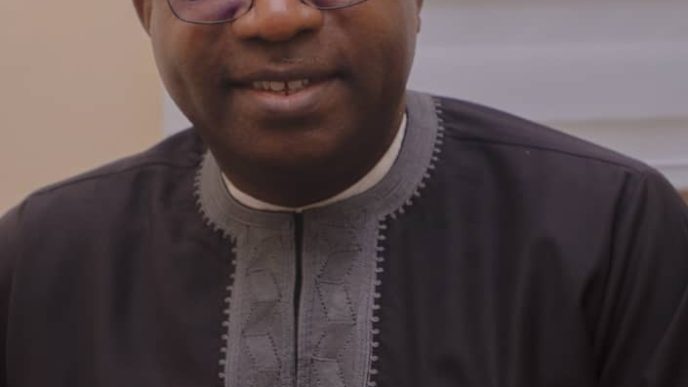
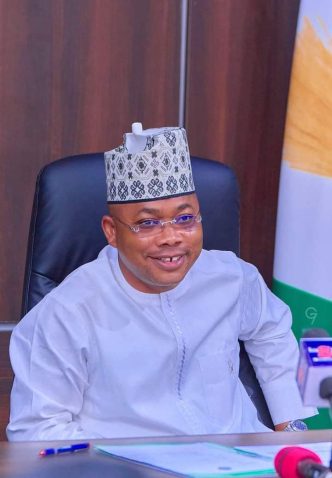
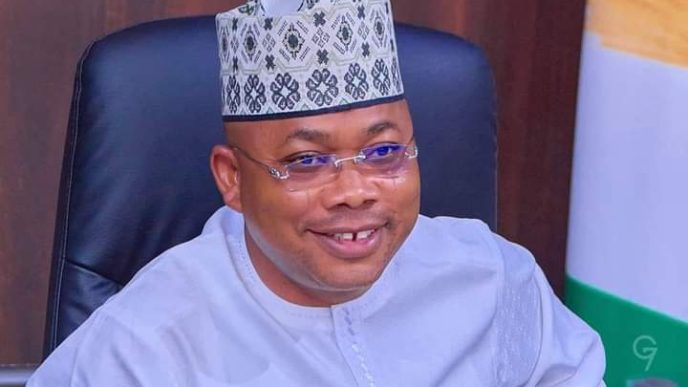

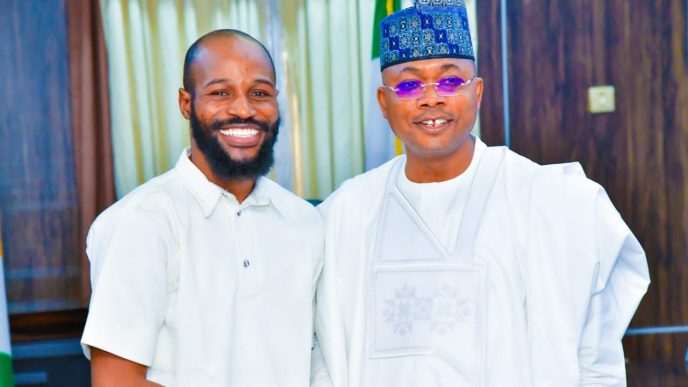
GIPHY App Key not set. Please check settings